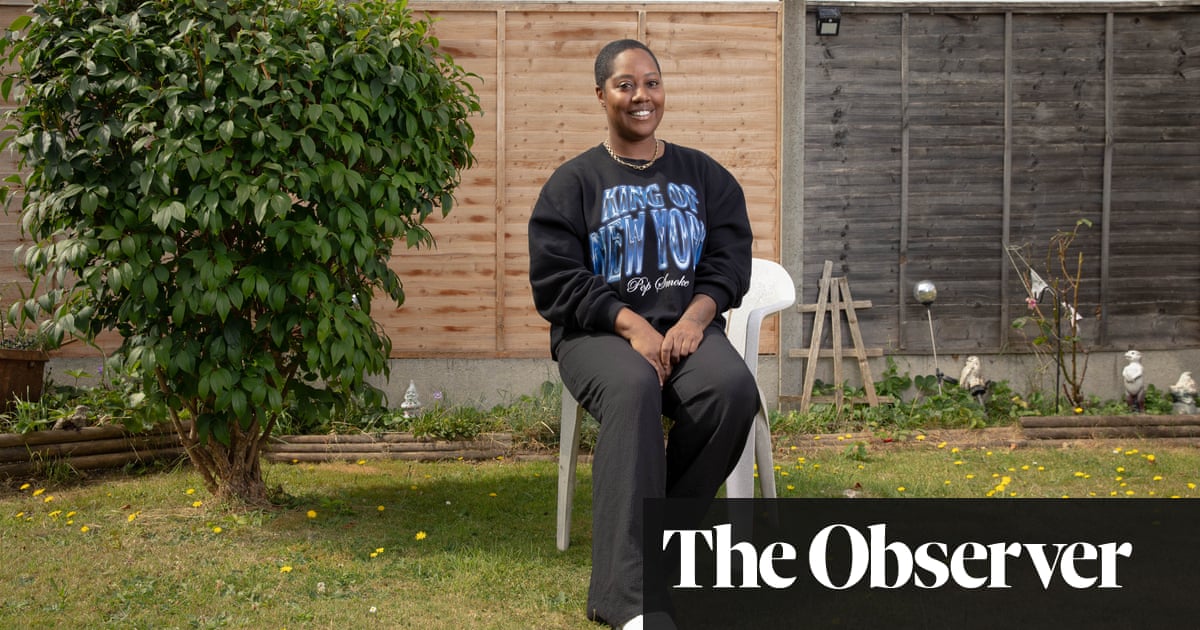- cross-posted to:
- [email protected]
- cross-posted to:
- [email protected]
Some do it to explore their ancestral heritage or an unknown part of their identity. Others are hoping to find parents, siblings and new relatives.
More than 40 million people worldwide are thought to have tested their DNA ancestry via companies such as Ancestry, 23andMe and MyHeritage since the first genetic genealogy test was offered to the public in 2000.
Now, people are using their test results in a new way – to apply for citizenship in other countries, DNA experts say.
Prof Turi King, director of the Milner Centre for Evolution at Bath University, said: “The more people take tests and the more people find out their ancestry and who their biological parents are, the more they can use that evidence to get citizenship of a particular country.”
King, who also presents the BBC show DNA Family Secrets, thinks ancestry DNA testing will become an easy and more widespread way for some Britons to gain dual citizenship in the future. “This will only grow,” she said.



I may fall under the same criteria for Luxembourgish citizenship, all male lineage back to Luxembourg. How was the process, and how long did it take? I’m considering going through LACS for the paperwork.
Like I said, I didn’t do the actual paperwork, but it seemed intentionally thorough, maybe even verging on onerous, but not like they were trying to trick you. We did have to find every single birth or death or marriage certificate along the way, eventually landing on an actual Luxembourgish record matching the name and timeframe pretty closely, and because it was through a female line, she had to physically go to Luxembourg (she has trips to Amsterdam from time to time, so it wasn’t too bad). The whole process took a few months IIRC, and involved lots of emails, letters, and checks to various counties in Minnesota and North Dakota.